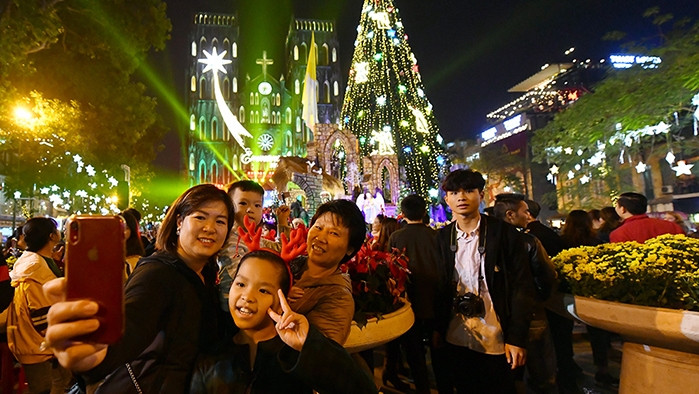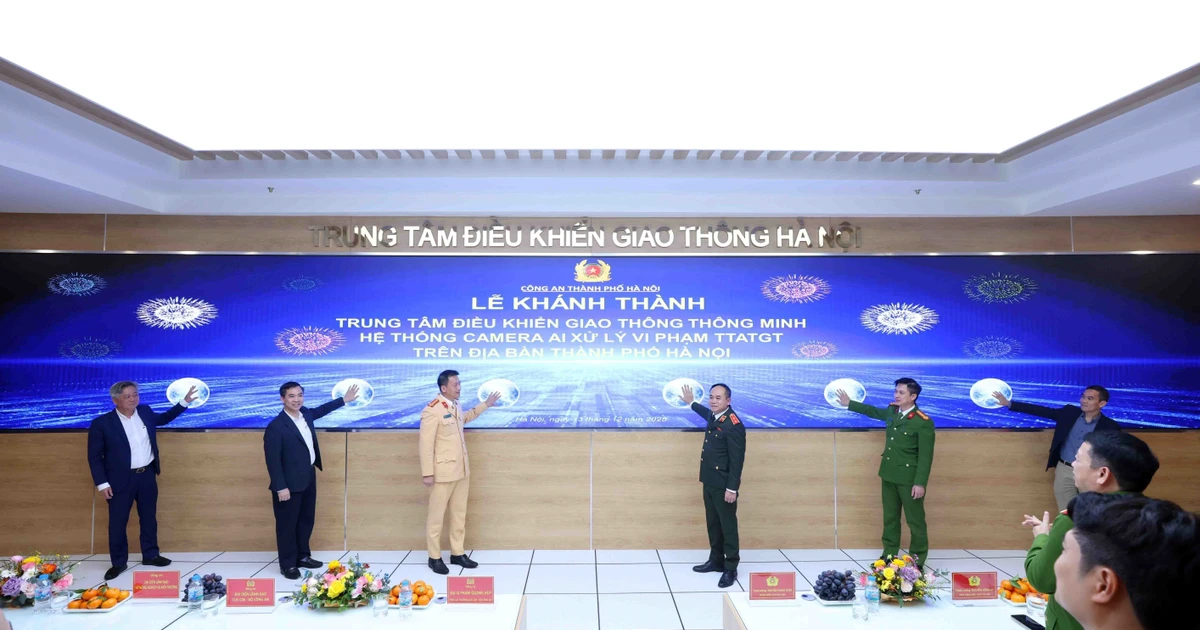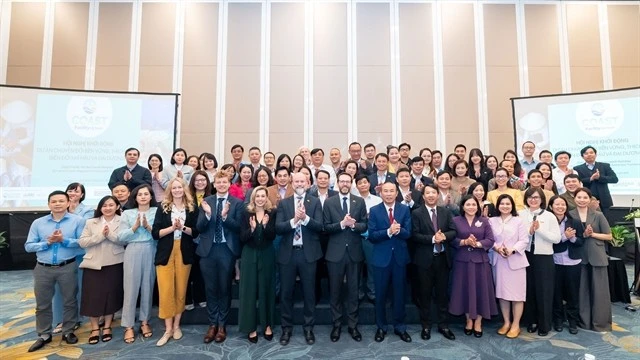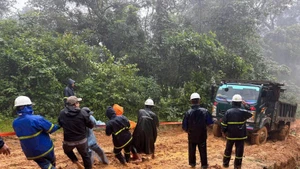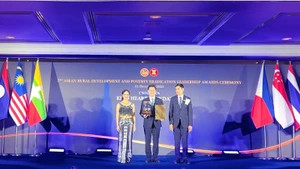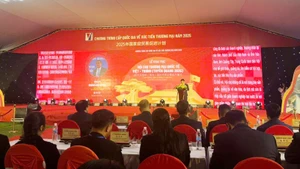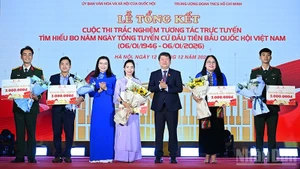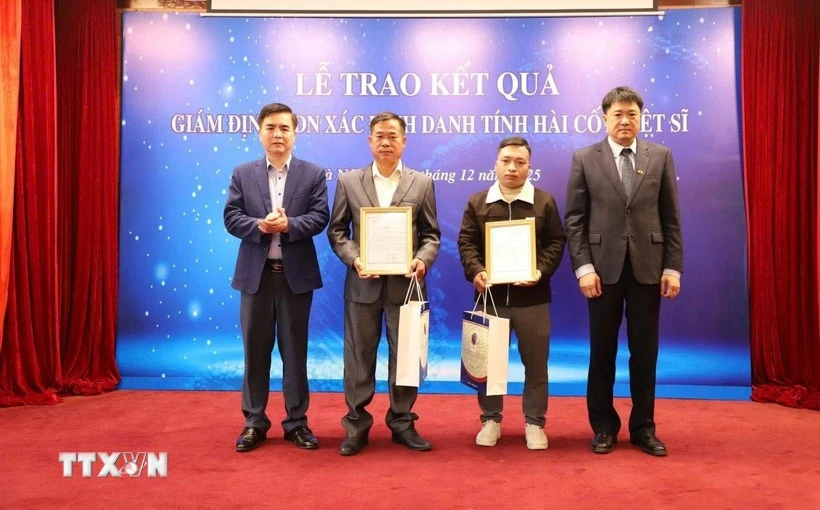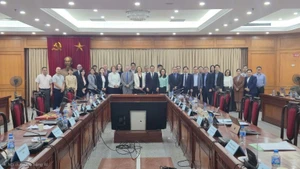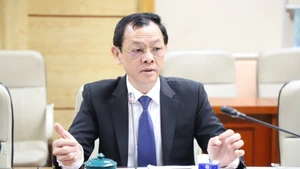In 2020, along with the people of other faiths throughout the country, Vietnamese Christians have made active contributions to the fight against Covid-19 while strengthening national solidarity.
As of the end of 2019, Vietnam had 43 recognised organisations belonging to 16 religions, with 57,000 dignitaries, 157,000 assistants and 29,000 places of worship. There were 46 religious schools and about 27% of the population (25 million) were followers of a religion.
The printing of scriptures, books and other religion-related publications has been maintained to serve religious activities. Every year, there are over 8,000 religious festivals held across Vietnam, attracting large numbers of pilgrims and tourists. In addition, many major international religious events were also held successfully in Vietnam, such as 500 years of Protestant Reformation (2017), UN Day of Vesak (2019) and the Capitulum Generale (2019).
Along with socio-economic and cultural achievements, Vietnam has also recorded remarkable progresses in religious freedom. Religious solidarity is becoming the foundation of the strength of national solidarity. Vietnam has continually made efforts to fine-tune the legal framework related to religion and has introduced appropriate religious policies. In addition to the rights enshrined in the Constitution, the freedom of belief and religion is specifically stipulated in various other legal documents. The Law on Belief and Religion coming into force on January 1, 2018, was an important milestone laying the firm foundation for guaranteeing the people’s freedom of belief and religion.
In recent years, the atmosphere of religious practices among the people has become more and more lively. Statistics show that up to 95% of Vietnamese people are engaged in spiritual activities. It is evidenced by religious festivals, which are now not limited to followers of a certain religion but have also become the festivals of all the people.
It demonstrates that the Party and State always create all the conditions for the people to freely take part in religious activities. These are both spiritual and cultural activities, and are the legitimate needs of the people. Many places of worship have become places of interest attracting large numbers of visitors. It is notable that the freedom of religion among ethnic minorities is always guaranteed. At the local level, the authorities also facilitate religious leaders and adherents to practise their religions on the basis of respecting the State’s laws.
Remarkable achievements in ensuring religious freedom and solidarity in the past years are the foundation for the people with religions to rest assured and practise their faiths. The Party and State’s right policy on religious affairs helps each person to be aware of their interests and responsibilities, align their interests with national interests, and continually strive for the goal of a wealthy people with a strong, democratic, just and civilised country.
